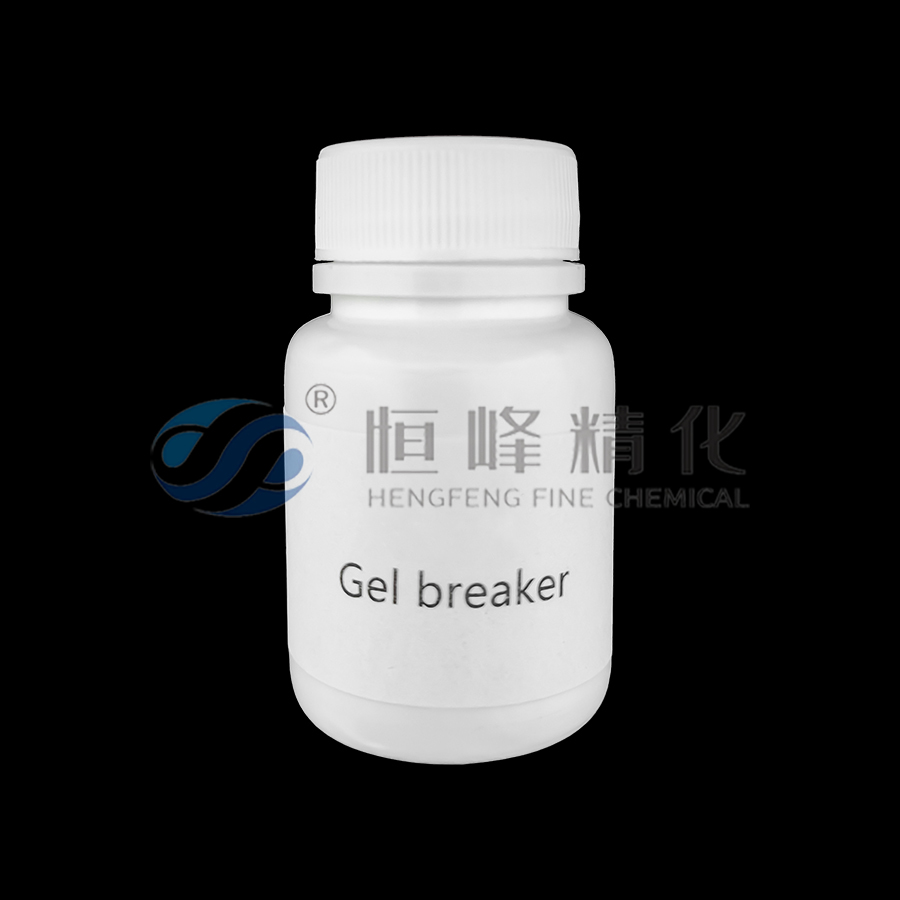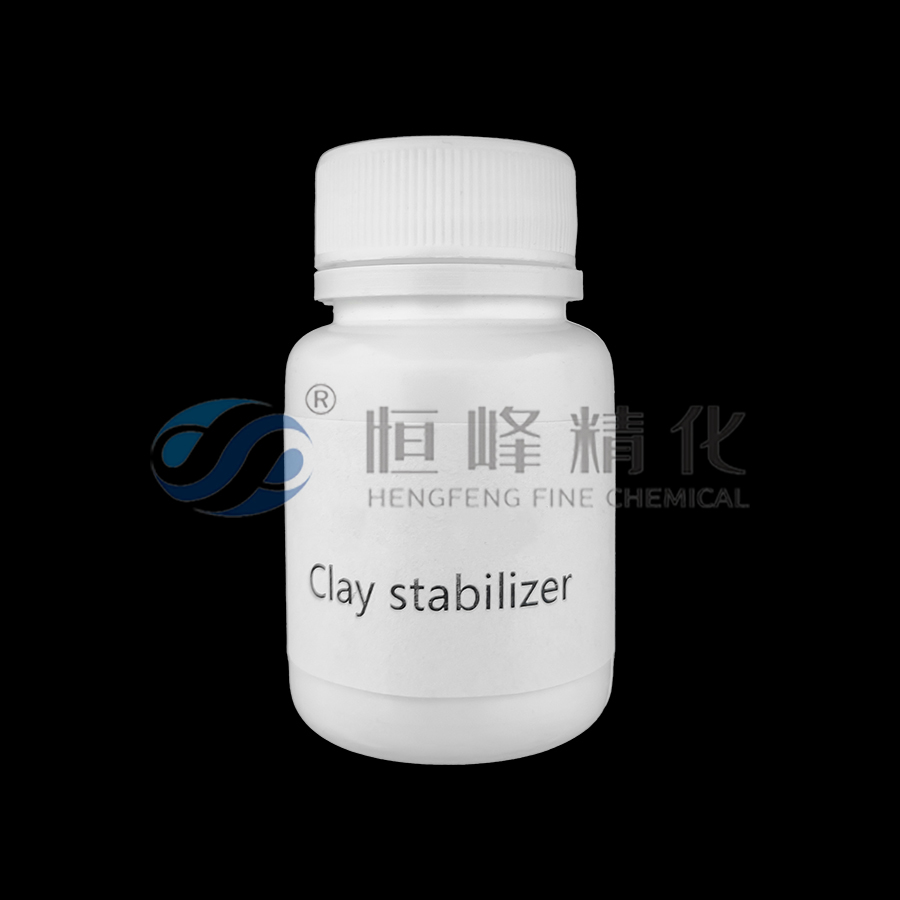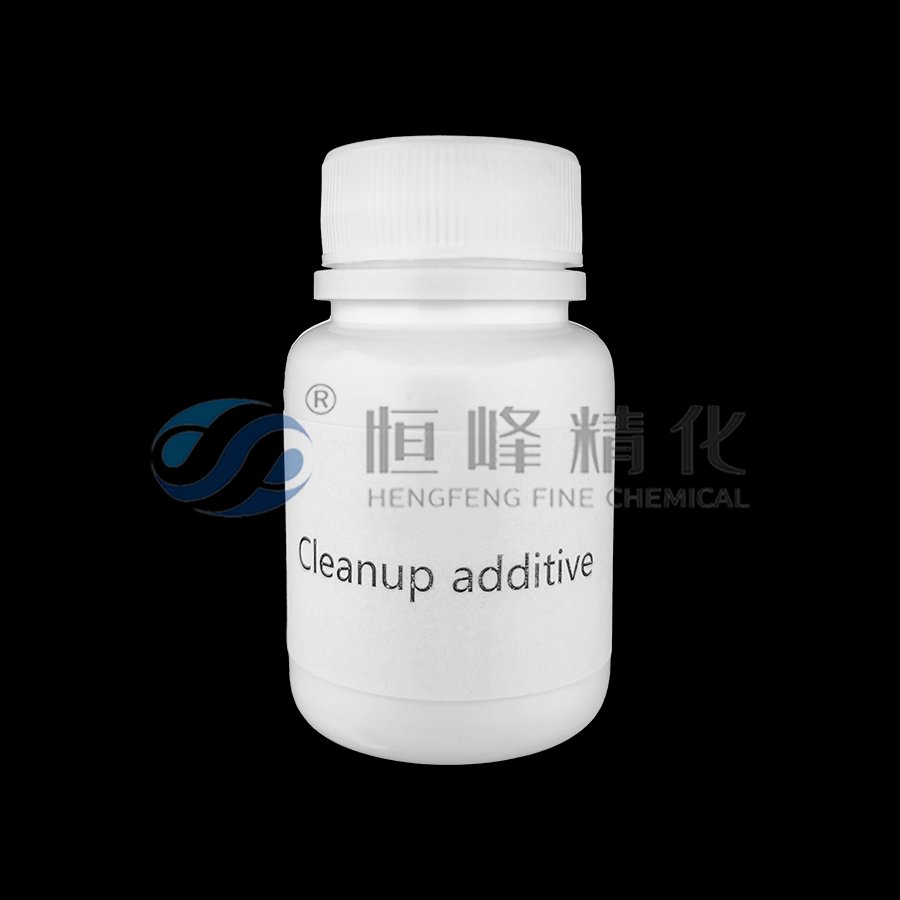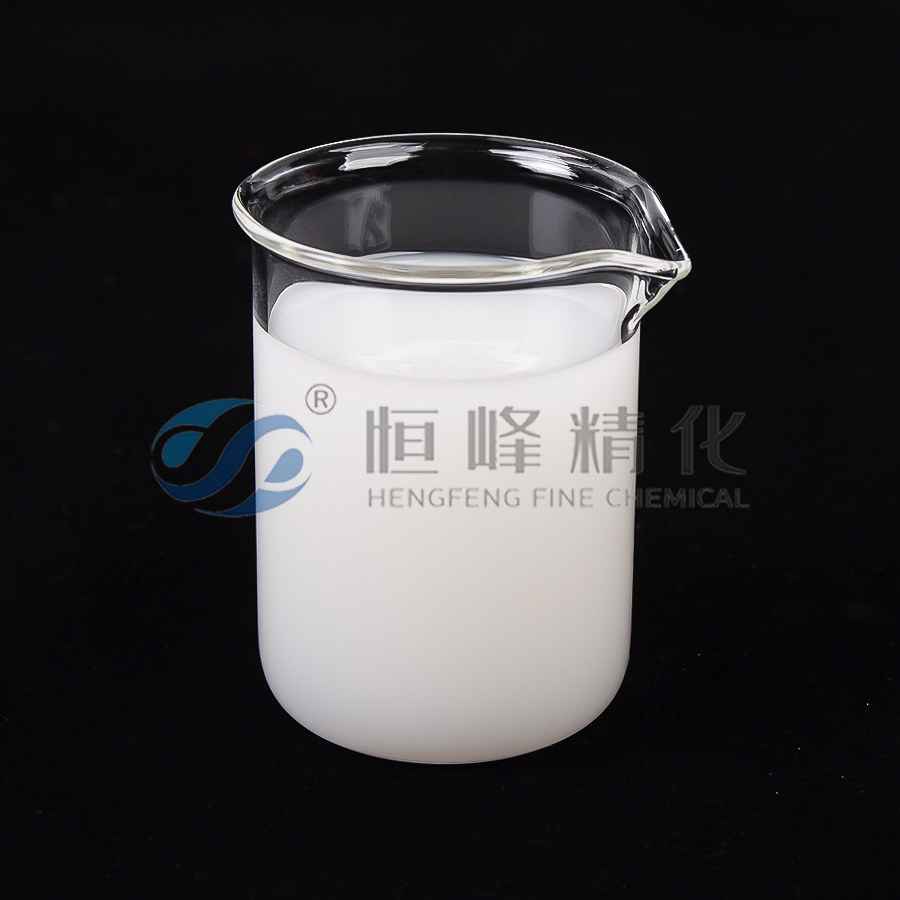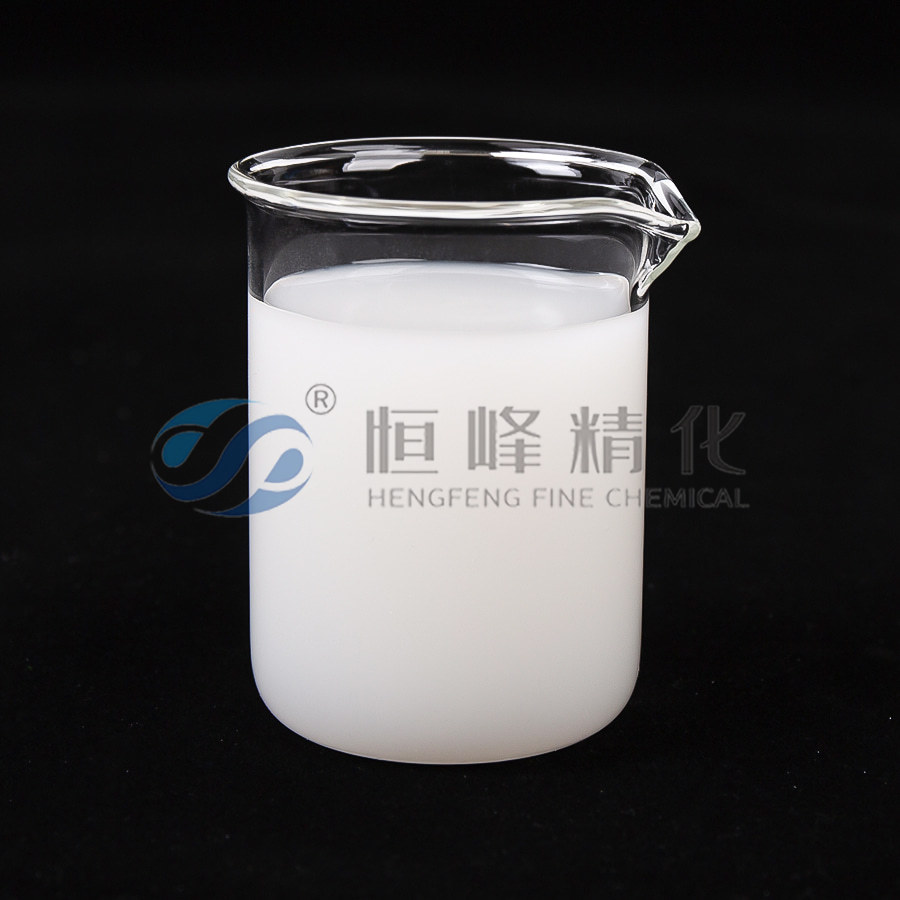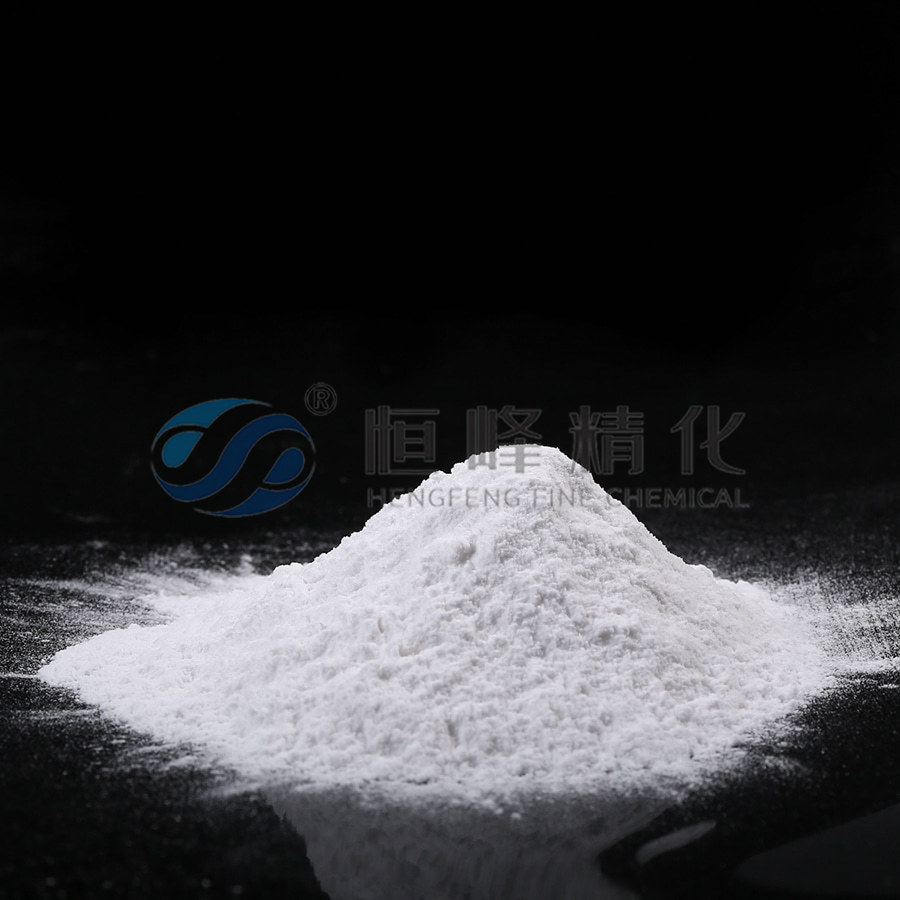Filter Aid and Leveling Agent: Practical Applications and Benefits
Introduction to Filter Aids and Leveling Agents
Filter aids and leveling agents are essential additives used in a variety of industrial processes to enhance filtration efficiency and product quality. While they are often used separately, both play key roles in improving the functionality of systems where precise filtration and surface leveling are necessary. Understanding their uses, applications, and benefits is critical for industries such as food processing, pharmaceuticals, and manufacturing.
What is a Filter Aid?
A filter aid is a porous substance added to a filtration system to improve the clarity and efficiency of the filtration process. It works by forming a thin layer of porous material that helps trap fine particles during filtration. This layer increases the surface area and helps to improve the filtration rate, allowing for more thorough and effective separation of solids from liquids or gases.
Common Types of Filter Aids
- Diatomaceous Earth: A naturally occurring, soft sedimentary rock that is highly effective for filtering fine particles.
- Perlite: A volcanic glass material that expands when heated, providing excellent filtration properties.
- Cellulose: A plant-derived material used as a filter aid in food and beverage applications.
Applications of Filter Aids
Filter aids are used across various industries to improve the filtration process. They are especially useful in processes where high-efficiency filtration is required, such as:
- Food and Beverage: To remove suspended solids and ensure product clarity in liquids like juices, wine, and oils.
- Pharmaceuticals: For the removal of particles and impurities in drug formulations and solutions.
- Chemical Manufacturing: For efficient removal of contaminants in various chemical processes.
What is a Leveling Agent?
A leveling agent is a chemical additive used to promote uniformity in the surface of a material. It ensures that the liquid or semi-liquid coating or solution spreads evenly across a surface, avoiding the formation of defects such as streaks, bubbles, or an uneven finish. Leveling agents are widely used in industries where high-quality surface finishes are critical, such as coatings, paints, and adhesives.
How Do Leveling Agents Work?
Leveling agents work by modifying the surface tension of a liquid or semi-liquid, ensuring that it spreads evenly without forming unwanted patterns. They help reduce the surface energy of the liquid, allowing it to flow more smoothly and uniformly. The ability to reduce surface defects and promote a uniform coating or finish is essential for maintaining product quality and performance.
Common Types of Leveling Agents
- Silicone-based Agents: Used for their excellent ability to reduce surface tension and improve flow characteristics.
- Non-silicone Agents: These agents are used in formulations where silicone may interfere with other properties.
- Polymeric Agents: These are used in various formulations to improve film formation and surface smoothness.
Applications of Leveling Agents
Leveling agents are utilized in industries requiring smooth, defect-free finishes. They are especially important in the following areas:
- Paints and Coatings: To create an even surface, avoiding streaks or bubbles during application.
- Adhesives and Sealants: To ensure uniform spread and improve adhesion properties.
- Printing Inks: For achieving consistent print quality on various materials, preventing streaking and unevenness.
Benefits of Using Filter Aids and Leveling Agents Together
Although filter aids and leveling agents are used for different purposes, they can complement each other in industrial processes. For example, in the production of coatings or paints, a filter aid can help remove unwanted particles before the leveling agent ensures a smooth finish. In pharmaceutical and food industries, these additives help improve both the purity and the visual appeal of products. By understanding how both work, industries can optimize their processes to achieve better product quality and efficiency.
Conclusion
Filter aids and leveling agents are indispensable tools for enhancing industrial processes. While filter aids improve filtration efficiency by capturing fine particles, leveling agents ensure that surfaces are smooth and even. Together, these additives contribute significantly to product quality, clarity, and visual appeal. As industries continue to prioritize efficiency and precision, the use of filter aids and leveling agents will remain a cornerstone in achieving optimal results across various applications.


 English
English Español
Español عربى
عربى Français
Français Русский
Русский Tiếng Việt
Tiếng Việt




